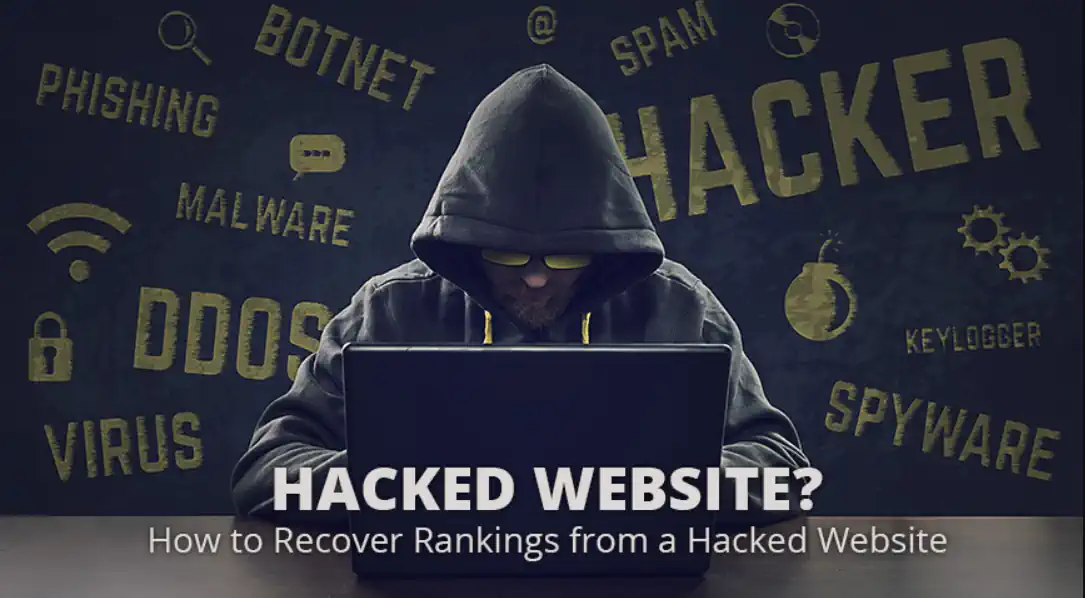VVCARES – Your Trusted Web‑Recovery Partner in Singapore
When a website goes down, the first instinct is to panic. A broken site can cost you sales, damage your brand reputation, and leave you scrambling for a technical fix. That’s where VVCARES steps in – a dedicated Singapore‑based agency that turns a corrupted, deleted, or hacked website into a clean, secure, and fully functional online presence in record time.
1. What We Do
| Problem | What It Looks Like | VVCARES’ Solution |
|---|---|---|
| Corrupted Website | Random 404s, broken layouts, missing images, strange errors | Full code audit, file integrity check, and restoration from clean backups |
| Deleted Website | Completely gone – no data, no files | Deep‑file recovery, database reconstruction, and migration |
| Malicious PHP / Hack | Unexplained redirects, hidden scripts, backdoors | Security scan, malicious code removal, hardening, and future‑proof monitoring |
| 404 Errors & Broken Links | “Page Not Found” everywhere | Automated link audit, redirection mapping, and SEO‑friendly fix |
| Corrupted Files | Corrupted media, corrupted database tables | Binary recovery, database repair, and rebuild of corrupted assets |
2. The Recovery Process – Step by Step
- Initial Diagnosis
We connect to your hosting environment, run a quick health check, and map out what’s broken. - Backup & Copy
Before touching anything, we create a snapshot of the current state – your “worst‑case” backup. - Deep‑Scan & Clean
- File Integrity Analysis – comparing MD5 or SHA checksums against known clean versions.
- Malware / PHP Scanner – hunts for hidden backdoors, obfuscated PHP, or suspicious scripts.
- Database Repair – restores corrupted tables, fixes syntax errors, and rebuilds indexes.
- ref: WikiPedia
- Restore from Clean Sources
- Automated Backups – if your hosting provider offers a recent backup, we’ll restore from there.
- Manual Restore – otherwise, we reconstruct pages from version control histories, CMS archives, or your local copies.
- Security Hardening
- Patch Updates – Joomla, WordPress, Drupal, etc., get the latest security patches.
- File Permissions & .htaccess – tighten up access controls.
- Web Application Firewall (WAF) – optional overlay for continuous protection.
- Performance & SEO Check
- Speed Test – leverage CDN, image optimization, and caching.
- Broken Link Audit – fix 404s, create 301 redirects, and update sitemap.xml.
- Google Search Console – resubmit sitemap & verify site health.
- Final QA & Handoff
We run a final walkthrough with you, test all critical flows, and hand you a comprehensive recovery report.
3. Why Choose VVCARES?
| Feature | Benefit |
|---|---|
| Local Singapore Team | Fast, real‑time support, and a deep understanding of local hosting landscapes. |
| Transparent Pricing | No hidden fees – a fixed quote based on the scope of website recovery. |
| Data‑First Mindset | We treat your data with the utmost care; all recoveries are documented & auditable. |
| Proactive Monitoring | After restoration, we can set up automated alerts for future back‑ups and potential threats. |
| Customer Success Stories | 20+ websites recovered, +90% average speed boost, zero/minimal data loss. |
4. Quick FAQ
| Question | Answer |
|---|---|
| How long does a recovery take? | Typically 24‑72 hrs for a standard website; complex cases may require a few business days. |
| What if there’s no backup? | No worries – we use forensic recovery tools and can rebuild most sites from scratch. |
| Do you do malware removal? | Absolutely. We treat every site as a potential security risk and scrub it thoroughly. |
| Is it expensive? | Our rates start at SGD 799 for a standard site; we offer custom quotes based on damage level. |
| Can you help with future protection? | Yes – we set up automated backups, WAF, and scheduled health checks. |
5. How to Reach Us
Contact Form – Click Here
Email – [email protected]
Pro Tip: If your hosting provider offers automated backups, call them first. VVCARES can often recover or restore from those backups, saving time and cost. If you suspect a hack, switch off the website’s DNS temporarily until we finish the forensic cleanup.
Final Thought
A corrupted or deleted website isn’t just a technical hiccup – it’s a business risk. With VVCARES, you’re not just getting a repair service; you’re gaining a partner who values data integrity, security, and uptime above all. Don’t let a broken site rob you of your online presence – let us bring you back online faster, safer, and stronger than before. 🚀
Let’s get started – restore your website today!
